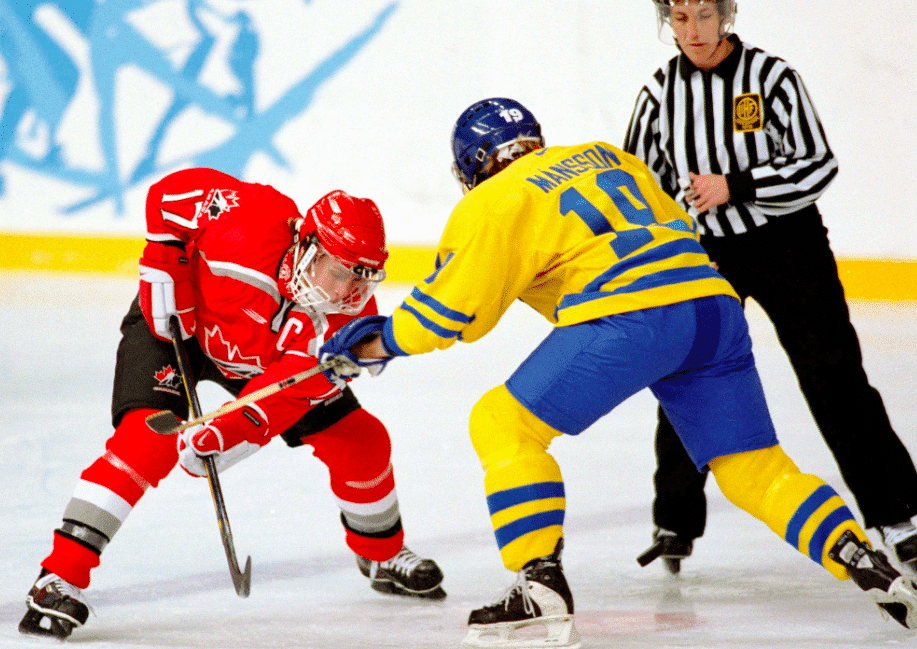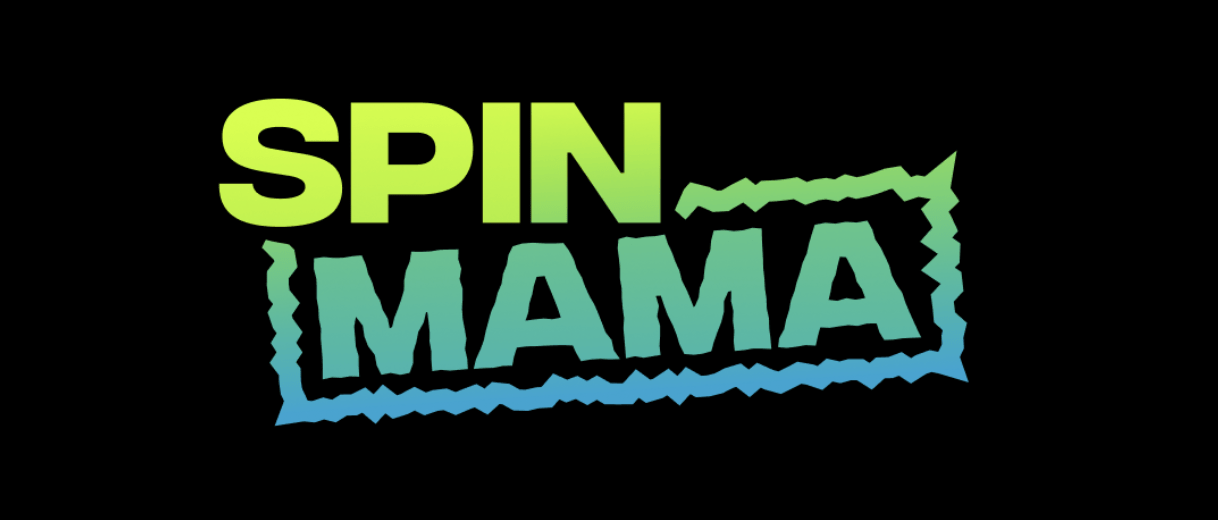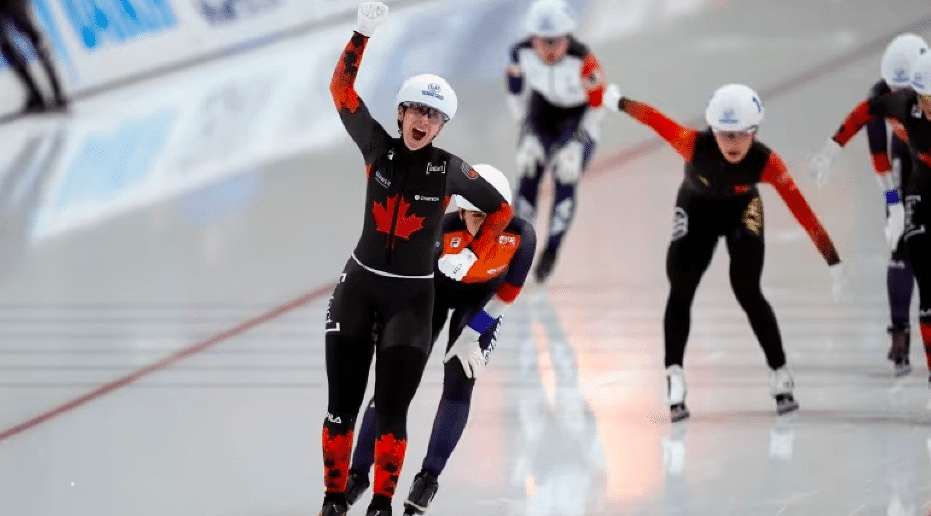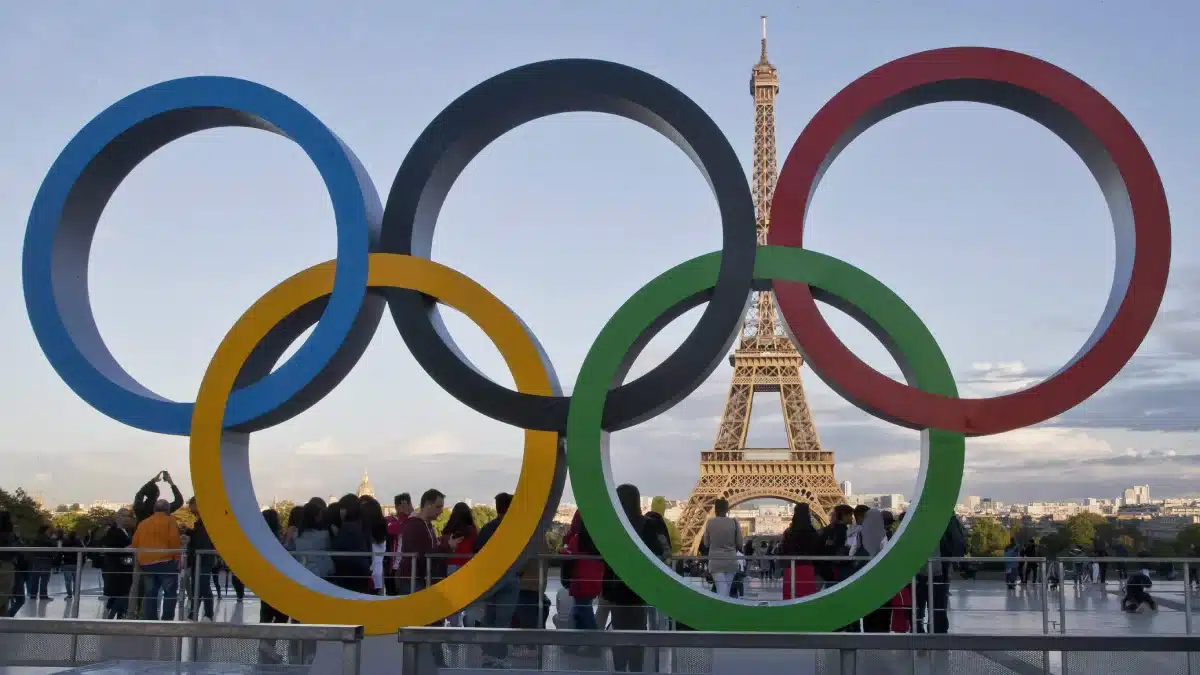This website uses cookies so that we can provide you with the best user experience possible. Cookie information is stored in your browser and performs functions such as recognising you when you return to our website and helping our team to understand which sections of the website you find most interesting and useful.
Canada’s 1998 Nagano silver medal winners who made history

It is hard to think that it was only 26 years ago that women’s ice hockey was part of the Winter Olympics for the first time. The 1998 Nagano games in Japan saw it added for the first time with only six teams participating with the United States and Canada dominating the tournament which was played in February of that year.
Back then, it was before the invention of online betting sites so there were no options for adding some fun to the games in those days. Since this tournament, Canada has won the gold medal at five of the six Winter Olympics and will no doubt be looking to add to that record in 2026 when the Olympics come from Italy.
February 8 was the opening day of the tournament with Canada in action in just the second-ever game, taking on the host nation, Japan. A little more than a quarter of a century later, we look back at the historical tournament and how Canada made it to the deciding game.
Canada’s Team
It was a good quality team that Canada sent to Japan to play in the first-ever women’s Olympic ice hockey tournament and one that went on to have a huge amount of success in future tournaments.
Head Coach
Shannon Miller was the woman in charge of Canada, the legendary Minnesota-Duluth Bulldogs head coach who won five NCAA championships when in charge there. Her head coaching career ended with a win percentage of .707 but she was only in charge of Canada for a relatively short period of time.
Goalies
Two netminders went to Japan in Manon Rheaume and Lesley Reddon. Rheaume has the distinction of being the first woman to take part in an NHL game. She suited up in a preseason game for the Tampa Bay Lightning in both 1992 and 1993, turning 36 just after the Olympics were concluded so the addition of hockey came too late in her career. She would end the Olympics with a 1.15 goals against average and a save percentage of .926 while Reddon would only have a .810 save percentage.
Defence
Becky Kellar, Fiona Smith, Geraldine Heaney, Hayley Wickenheiser, Judy Diduck, and Therese Brisson were the blueliners on the team, with Brisson being the sole alternate captain in the squad.
This was the first of four Olympic games for Kellar who would win three golds after the silver in Nagano, captaining Canada in 2010 in Vancouver. Wickenheiser would also play on those same three gold medal-winning teams.
It is probably fair to say that Wickenheiser is as good of a player as the world has seen in the women’s game, making an impact in the men’s as well. She did that first when playing in a men’s league in Europe and now as an assistant general manager for the Toronto Maple Leafs. Wickenheiser also played softball for Canada in the Summer Olympics in 2000.
Forwards
Cassie Campbell, Danielle Goyette, France Saint-Louis, Jayna Hefford, Jennifer Botterill, Karen Nystrom, Kathy McCormack, Laura Schuler, Lori Dupuis, Nancy Drolet, Stacy Wilson and Vicky Sunohara were the forwards selected for the tournament with Wilson acting as the captain of the team.
Campbell was made captain for the 2002 games as well as 2006, leading Canada to a pair of gold medals. 218 points in 171 games for Canada were the figures that Goyette ended her career with.
The addition of women’s ice hockey at the Winter Olympics came at the perfect time for Hefford. Aged just 20 at the Nagano games, she would win a gold medal at the next four in a row to go down as one of the most successful to ever don skates, scoring 30 points in 26 games at the Olympics. She is currently the commissioner of the Canadian Women’s Hockey League.
Botterill is also part of that four-time Olympian group (along with Kellar, and Wickenheiser) with three golds after the Nagano silver. A Harvard graduate, her college career saw her only fail to score a point once in 113 games for the university.
Although this was the only time that Drolet would go to an Olympic Games, she has her name etched in Team Canada’s history in the World Championships. In both the 1997 and 2000 championships, Drolet would score the winning goal in the gold medal game in overtime, the first player to ever do so.
Two gold medals would come the way of Sunohara in 2002 and 2006 but it is what she has done since as the head coach at the University of Toronto that could see her make history further down the line.
She has opened up the sport for a new generation of female players and proven herself to be one of the top female coaches in the sport. It might be a while yet before an NHL franchise takes a chance on hiring a female head coach but the day that it does happen, it is widely believed that Sunohara will be that woman to break through the glass ceiling.
Canada 13-0 Japan
Japan were only in the tournament as the hosts with no qualifying games. That showed through the five games that they played in the group stage, scoring just two goals in their five and conceding an average of nine goals in each of their contests.
This was the simple start to the tournament that Canada would have hoped for and although they were only 3-0 up at the first break, they added six in the middle period and a further four in the final one. Nine of the 13 goals came within the last 6:08 of a period as Japan’s legs started to let them down.
Three of the goals were on the power play from six opportunities with the team only giving up three shots on goal from Japan in total. Canada had 64 shots for their 13 goals with 10 different scorers getting on the board, including a hat-trick from future IIHF Hall of Famer Danielle Goyette.
Canada 2-0 China
The following day, February 9, Canada was back in action again, making hard work of beating China. Both goals came in the second period from Goyette and Vicky Sunohara. They were excellent defensively again, only allowing eight shots on their netminder Manon Rheaume.
China had fallen 5-0 to the United States the day before where they were restricted to 10 shots on goal with the first two goals they gave up on the power play. They were able to kill off six of the seven power play opportunities that they gave Canada in this game.
Sweden 3-5 Canada
Lesley Reddon started in net for this one as Canada faced a team who were shut out against Finland in their opening game and were beaten 7-1 by the United States in their second contest. Sweden only managed to get 11 shots on net but they were able to make them count, including one goal that came on the power play.
Canada ran out into a 3-0 lead with Goyette opening the scoring, adding a second later on in the game, the 6th of the tournament for her. They would score both a power play and a short-handed goal in the contest, giving up a power play goal as well.
Sweden was able to close Canada down to 4-2 at the end of the second period and again made it a two-goal game in the third but they were not able to carve out enough opportunities to close the gap any further.
Finland 2-4 Canada
The 4th game of the group was the closest in terms of shots from each team to this point with Canada outshooting Finland 23-21. It was a game where they relied on the power play, scoring three times with the advantage, including both of their opening period tallies. It was a welcome return to form given that they had only gone 1/12 on the power play in the game with Sweden.
It was another game that saw Canada taking a 3-0 lead before Finland scored two of the last three goals to make a closer game of it. One of those two Finnish goals was netted by Petra Vaarakallio who had the distinction of scoring the first-ever goal in the history of the women’s Winter Olympics ice hockey.
Finland arrived off the back of a same score defeat to the United States, beating the other three teams in the group and then getting the best of China for a second time in the bronze medal match.
Canada 4-7 United States
This remains one of the craziest games in the history of the Winter Olympics. The teams were tied at 1-1 after they traded power play goals in the first. There was no further scoring in the second period before all hell broke loose in the final frame.
Discipline was almost non-existent for both sides here with 48 minutes of penalties taken between the two sides. Canada would score three times in a four-and-a-half-minute spell, all on the power play to take a 4-1 lead as the game entered the final 13 minutes. All of those goals came on the power play, including one with a two-woman advantage.
The United States would pull one back before three goals in less than two minutes tilted the game on its head and gave them a lead that they would not relinquish. Two of those came on the power play, including a five-on-three goal of their own.
Canada’s heads went down once they had lost the lead, conceding an empty net goal to extend the winning margin for the United States. Two goals in the opening two periods combined turned into nine in the final period as the two teams combined for 65 shots.
The gold medal game - United States 3-1 Canada
Canada would take on the United States again in the gold medal game three days after their last clash and once more it would be the power play opportunities that would be the deciding factor in this game with the numbers advantage proving crucial.
Two of the three goals for the United States came on the power play as did the sole goal that Canada scored. It was another game that took a while to warm up with a single goal in the first two periods with the teams only combining for 46 shots compared to the 65 that they put on target the last time that they clashed.
The United States added a second goal with just over nine minutes left on the clock before Goyette scored in a 5th game to get Canada back into things with just 4:01 left. It was an empty net goal that sealed things for the United States with just eight ticks left. Goyette’s goal was her 8th of the tournament and enough to see her as the top scorer in the tournament.
The start of something big
Women’s hockey has gone from strength to strength in Canada since the 1998 Olympic games. A huge part of that has come from the squad who went to Nagano putting back into the sport as coaches and mentors to the next generation of players.
Not only were Hayley Wickenheiser and Vicky Sunohara part of the very first women’s Olympic tournament, but they are breaking down barriers for women in the sport as a whole. Wickenheiser’s appointment as the Toronto Maple Leafs assistant general manager for player development is a huge step forward.
As we mentioned above, it could be an even bigger step that Sunohara will make at some point in the future when the first female head coach of an NHL franchise comes along. There will be some who bemoan it as a men’s sport, that they don’t like listening to female commentators etc but the world is moving on to a better place and the 1998 women’s ice hockey tournament was the start of something big in the sport of ice hockey.
Team Canada was only able to return from Nagano with a silver medal 26 years ago but what the group has given to the sport as a whole in the quarter of a century since should not be underestimated.










